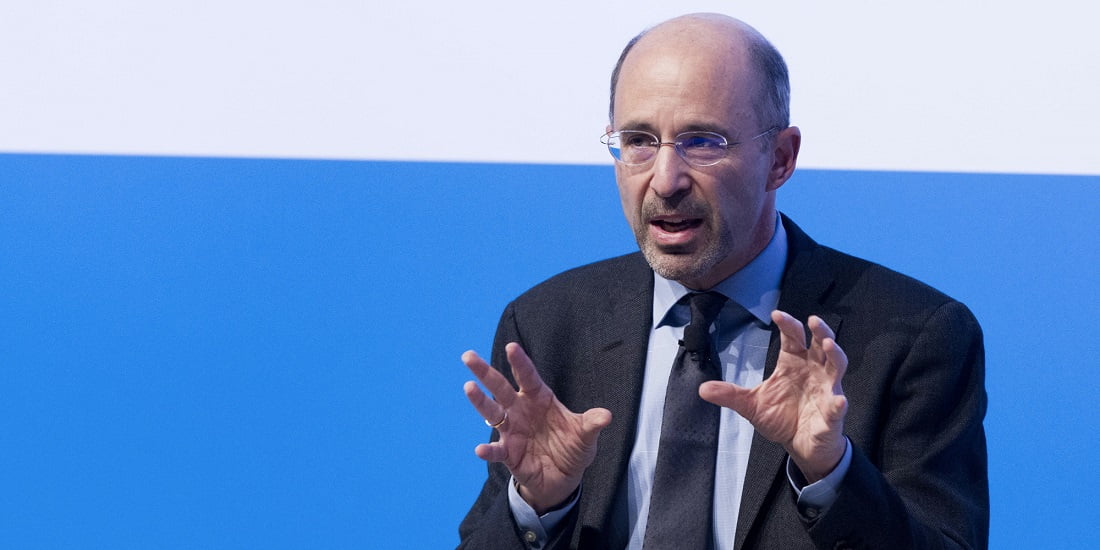Nuclear negotiations with Tehran in Vienna is going on, taking new dimensions gradually with US prisoners in Iran turning out as a precondition. The new round started less than two months ago after months of interval following the transfer of power in Iran.
While Tehran attempts to facilitate the talks process, Washington as proved to be following a route that impedes it. In a latest development, the United states indirectly preconditioned the agreement on releasing US prisoners in Iran.
The precondition seems bizarre enough as it is irrelevant to the content of the talks. Besides, as the primary violator of the original 2015 agreement, Washington is expected to display a different conduct.
The US Special Envoy for Iran, acknowledged that the US view regarding the four US prisoners in Iran are irrelevant to the talks. Robert Malley, nevertheless, suggested in his remarks that their freedom is a requirement for a nuclear deal.
“They’re separate and we’re pursuing both of them. But I will say it is very hard for us to imagine getting back into the nuclear deal while four innocent Americans are being held hostage by Iran,” Malley said in remarks that seemed to contain a self-contradiction. The US is, as a result, preconditioning the talks on an issue that it describes as “separate”.
Iran has been the target of multiple security attacks by the US and Israel during the last decade. The country has tightened the grips on foreign potential infiltrations through controlling the suspicious travels in recent years.
Scores of dual citizens and foreign nationals have been in Iranian prisons during the past years. In most cases, the US prisoners were kept on security and espionage charges.
US Prisoners; Separate while Related
Iran and six powers finalized an agreement in 2015 that removed sanctions on Iran in return for curbs on its nuclear programs. Three years later, then-President Donald Trump unilaterally withdrew the United States out of the agreement. His administration put harsh economic sanctions on Iran. Iran retaliated by breaking several of the agreement’s nuclear limits, to the point that Western governments predict that the agreement will soon be fully void.
With the change of power in Washington, new door opened for the revival of the decaying agreement. Biden administrations, under local pressure and political disagreements, has proved unreliable in its Iran policies. Various ups and downs in the US policies since the start of fresh talks shows that the White House has no determination to reach an immediate deal.
Tehran and western powers are in the eighth round of negotiations to get back into conformity with the JCPOA. Iran has so far refused to have direct talks with the US, the violator of the agreement under trump administration.
As a sign of goodwill and to facilitate the talks, Tehran has sent vibes of assenting with direct talks. Iran has had no diplomatic relations with the US since the 1979 revolution. The country, however, consented with scattered confrontations on vital issue like Iraq security and JCPOA.
The future of nuclear talks depends on multiple factors, including the conformity to the line of talks. Taking to the table with new preconditions, mostly irrelevant, in each round might further complicate the process.
Most probably, Iran with consent with releasing the US prisoners to wipe another US obstacle off the negotiation process. Tehran, however, must wait for other obstacles in coming days as Washington finds no point in facilitating success in talks. More non-nuclear issues might be on the way.







